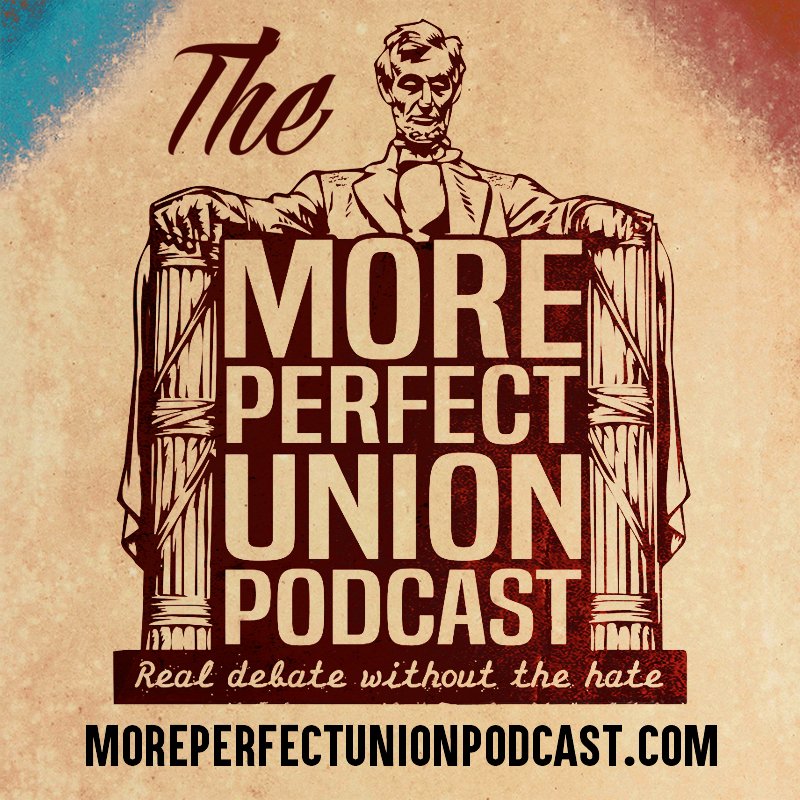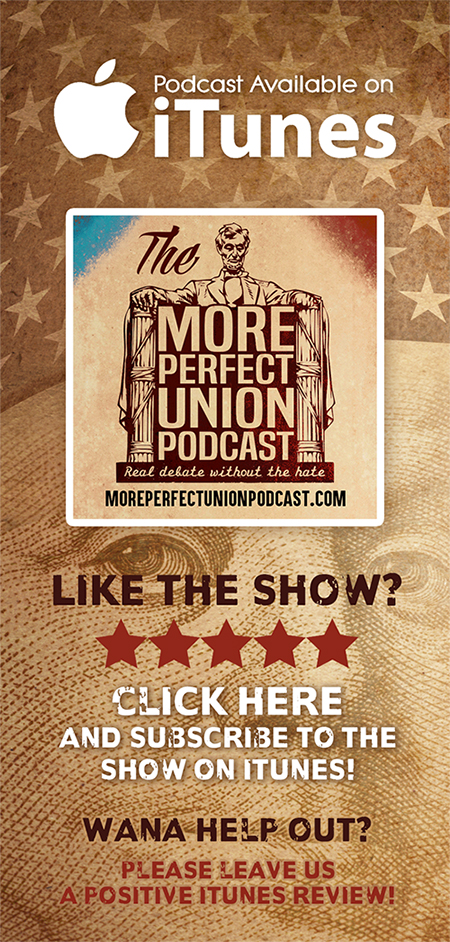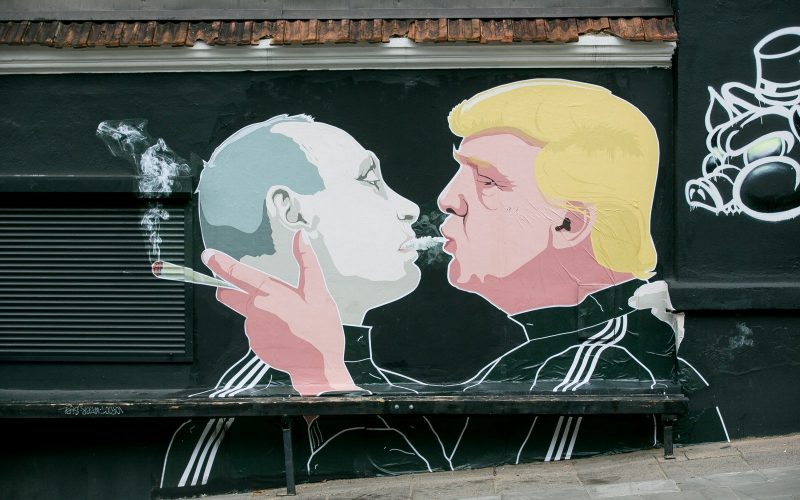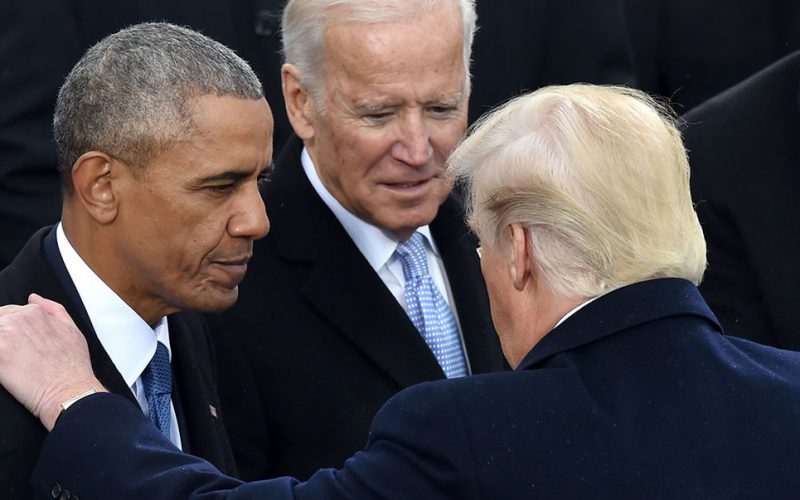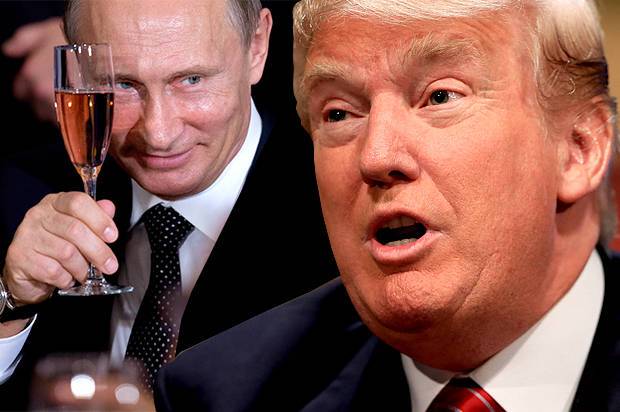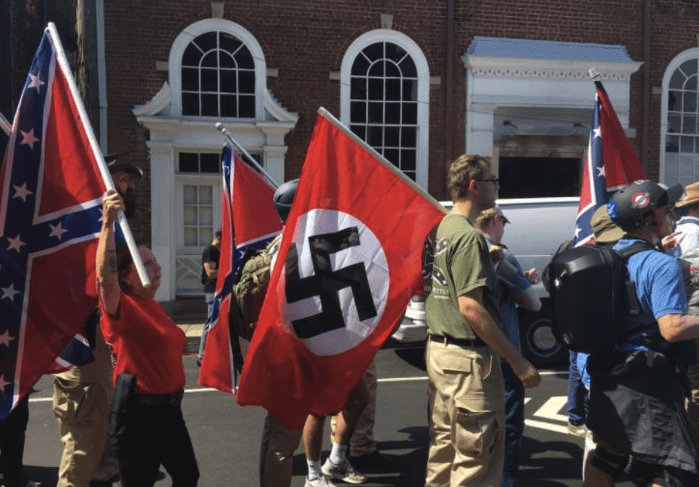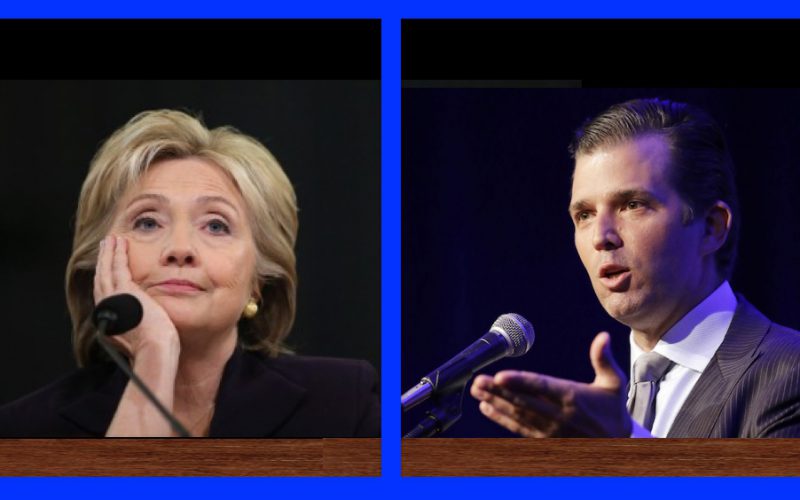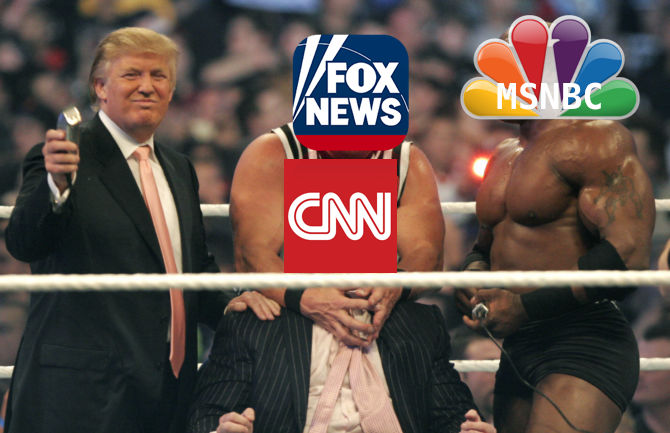Trump Leaves Syria With Fight Against Daesh Unfinished and With Putin Ascendant
by D.J. McGuire
Those who know about my long and strange trip through Election 2016 know that I landed on my eventual choice (Hillary Clinton – yes, for those of you who didn’t know, thatHillary Clinton) due to one issue – Syria.
…I saw reports from the United States (Reuters) and from the region itself (al-Hayat, although the Jerusalem Post has a better translation, it also gets Akram al-Bunni’s name wrong). They revealed the preference of the Syrian opposition – the real opposition, not the Iraqi Ba’athists who keep Daesh operating – for Mrs. Clinton.
That tipped the balance, and countered Johnson’s superior positions on economic matters, at least to me. This year has been a long-running internal conflict between my inner neoconservative and my inner libertarian…and in the end, the neoconservative won.
For the analyst in me, this is a real leap of faith, but if there is a chance of a free Syria, I have to take it. If that means voting for Hillary Clinton, then God help me, that’s what I must do.
Obviously, we never got to see if Mrs. Clinton lived up to that. Her Republican opponent, by contrast, insisted that all he cared about in Syria was ISIS. He even contradicted his own running mate’s critique of Syrian tyrant Bashar Assad (CNBC).
Only we now know Trump was more interested in the appearance of defeating Daesh (as ISIS is known in the locale) than the reality of defeating Daesh – for he claimed a premature victory this morning and announced he was pulling troops out of Syria (CNN).
Trump issued his first public comments on the decision Wednesday evening in a video message posted to Twitter, in which he pointed to the sky to reference US military personnel who have been killed in Syria.
“We have won against ISIS,” Trump said. “We’ve beaten them and we’ve beaten them badly. We’ve taken back the land and now it’s time for our troops to come back home. I get very saddened when I have to write letters or call parents or wives or husbands of soldiers who have been killed fighting for our country.”
There was only one problem with Trump’s assertion: it was a lie – as folks in his own Administration acknowledged:
Resistance to the move was strong among some in the administration. A senior administration official told CNN’s Jake Tapper that the President’s decision to withdraw US troops from Syria is “a mistake of colossal proportions and the President fails to see how it will endanger our country.”
“Senior officials across the administration agree that the President’s decision-by-tweet will recklessly put American and allied lives in danger around the world, take the pressure off of ISIS — allowing them to reconstitute — and hand a strategic victory to our Syrian, Iranian and Russian adversaries,” the official said.
No matter, Trump wants his victory lap – and he’ll have it even if the race is still going on.
In the meantime, Russia and Iran now know there is no one to stop them from propelling Bashar Assad to regain total control of Syria. Any attempt to use the area we controlled to allow Syrians to build a future free of Ba’athismis out the window.
Oh, and in case anyone – anywhere – tries to discount the accusations and evidence of collusion between the Trump campaign and the Putin regime with the what-did-Putin-really-get-for-it question, we have the answer right in front of us.
Putin got Syria. He got his chief client state in the region (the Tehran mullachracy) as the pre-eminent power in the northern Middle East. The forces of tyranny are ascendant in the region (and worldwide) as we retreat.
Once again, for emphasis, the battle with Daesh was notover (CNN).
Tobias Ellwood, a minister in the British Ministry of Defense, said in a tweet that he “strongly” disagrees with Trump’s comment on Wednesday that ISIS had been defeated. “It has morphed into other forms of extremism and the threat is very much alive,” Ellwood wrote, while the Defense Ministry told CNN there would be no immediate change to its current operation in Syria.
If anything, the only real surprise here is that people are surprised. Trump has been an isolationist for decades, and has always preferred the big splash of symbolism over the hard work of real action. He has repeatedly promised to pull our troops out of Syria; it has been his staff that pulled a Sir Humphrey Appleby and prevented it until now.
I also understand and appreciate those who are concerned about the lack of Congressional authorization. One could argue that this deployment was consistent with the anti-al Qaeda authorization of 2001, given that Deash was once al Qaeda in Iraq, but even I consider that a slender reed on which to lean. A far more robust argument should have been made by Trump himselffor Congressional authorization against this specific enemy at the very least. Instead, Trump is pretending the battle is over as a cover for his decision to cut and run.
When it became clear Trump had defeated Clinton two years ago, I hoped against hope that I would be able to say I was wrong, and that Trump had confounded my very low expectations of him. Instead, he validated them.
Again, this was the issue that led me to switch from Gary Johnson to Hillary Clinton. I knew it was a leap of faith then. I have been proven right now – in the worst way imaginable.
Donald Trump lost Syria – check that, he gave Syria away.
D.J. McGuire – a self-described progressive conservative – has been part of the More Perfect Union Podcast since 2015. He is also a contributor to Bearing Drift.
